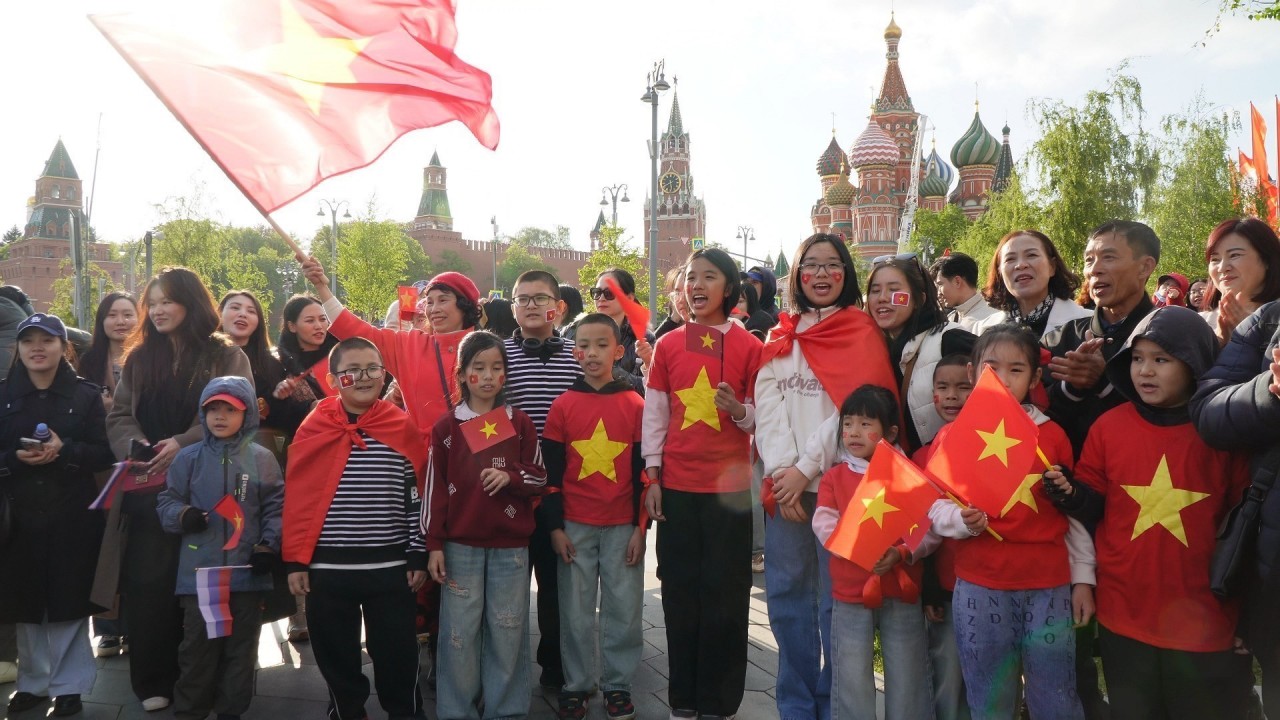Ample Room for Vietnam - Russia Cooperation in Culture, Language and Education
| Online Summer Camp on AI To be Started for Vietnamese Teachers | |
| Vietnamese Students Earn 8 Medals at Asian Physics Olympiad |
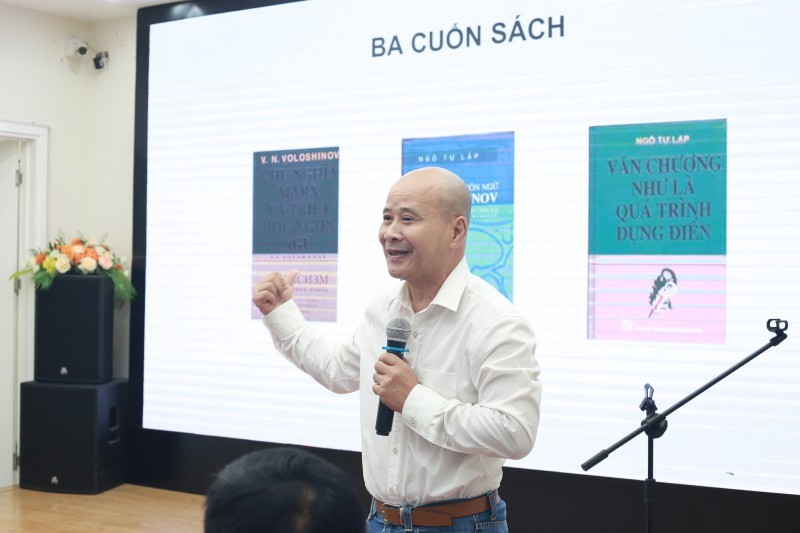 |
| Researcher, Chairman of the Scientific Council of CLEF Ngo Tu Lap spoke at the conference (Photo: CLEF). |
In his opening remarks, Assoc. Prof. Dr. Ngo Minh Thuy, CLEF Director, shared that according to the Ministry of Education and Training of Vietnam, 25 higher education institutions and 11 schools in 2021 teach Russian as a foreign language with 5,000 students and 200 teachers/lecturers across Vietnam. Thuy stressed that this number is still modest compared to the number of people studying other languages like Japanese, Korean, or French. In 2021, nearly 170,000 students were studying Japanese, more than 50,000 students learning Korean, and about 38,000 students learning French.
"Cultural and educational exchanges depend heavily on the number of people who can use foreign languages. Cultural and educational exchanges between Vietnam and Russia are still facing many difficulties compared to those between Vietnam and other countries," said Thuy.
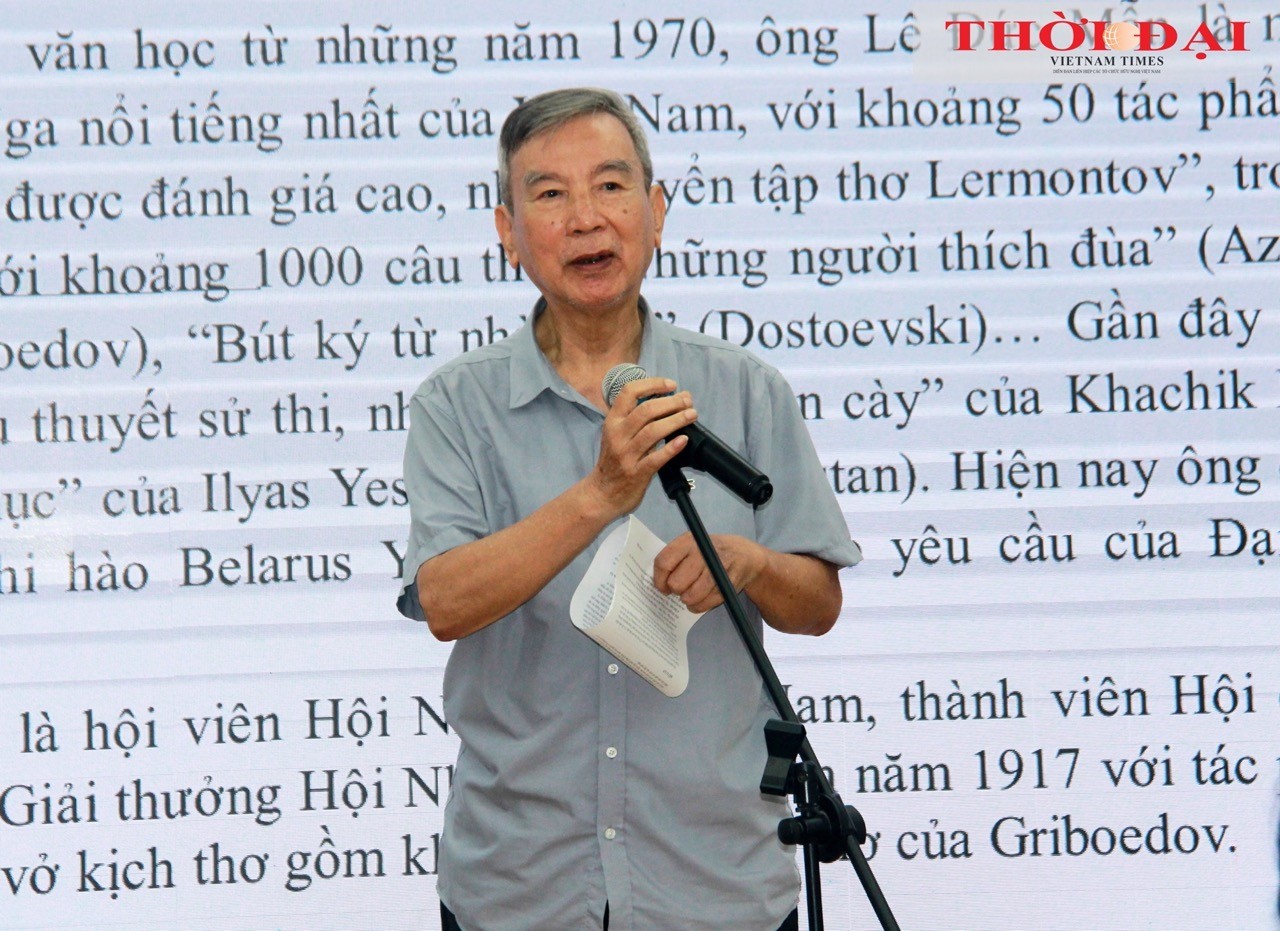 |
| Outstanding teacher, translator Le Duc Man at the conference (Photo: Thanh Luan). |
However, he believed that cultural, linguistic, and educational cooperation between Vietnam and Russia has many good prospects. Russian is the eighth most widely used language in the world, with about 259.8 million speakers. The Russian Federation is a country with strong potential in economics, defense, science, and technology... In the fields of literature, painting, music, and art, Russia has many popular artists. It has much potential for cooperation with the world, including language, culture, and education.
In Vietnam, studying and teaching Russian is also promoted. From 2020, Russian along with 6 other languages became a mandatory foreign language subject to pick as a second foreign language starting from grade 6. There are two sets of official Russian textbooks being compiled. The Russian Federation offers a large number of scholarships to Vietnamese students (the number of scholarships has increased to 1,000/year since 2001). There are currently about 5,000 Vietnamese students in Russia, including nearly 3,000 international students studying under the Agreement between the two governments.
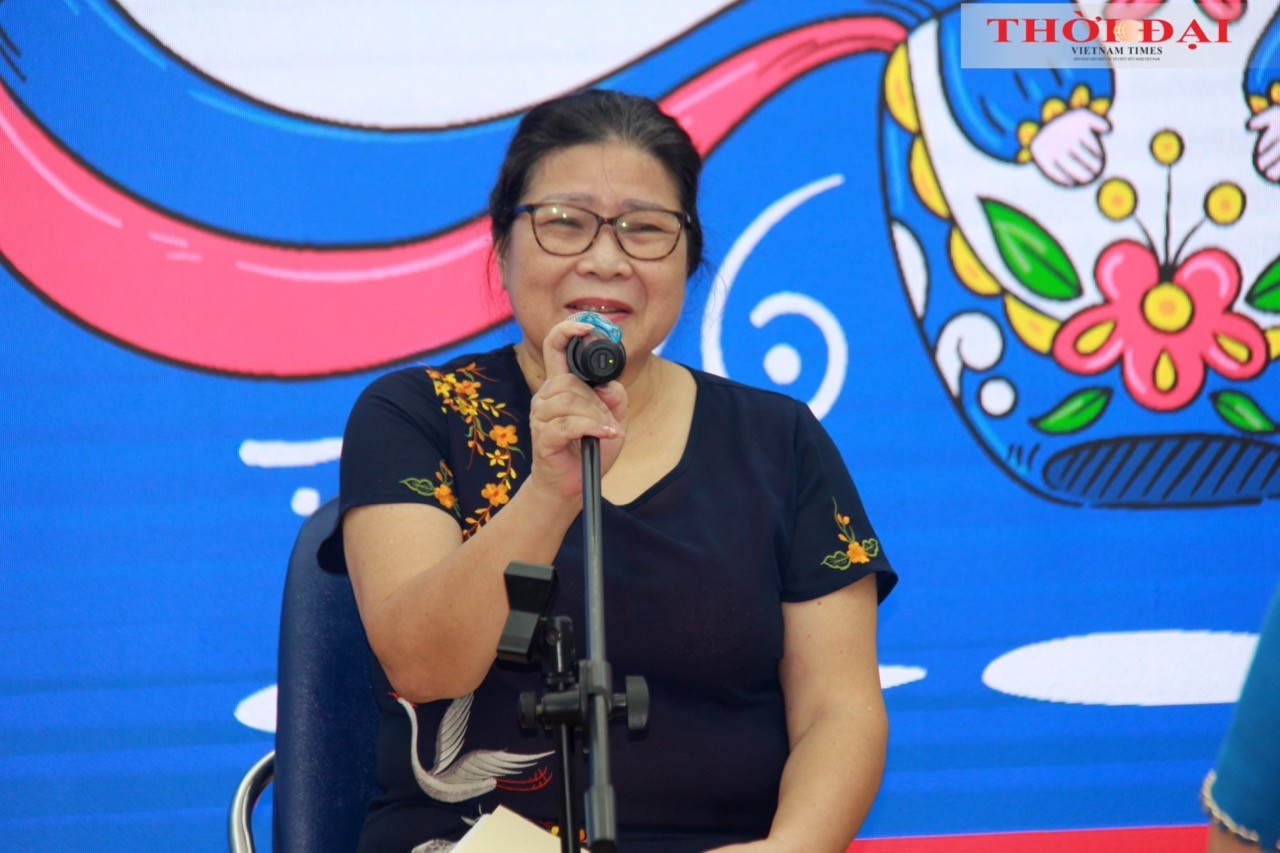 |
| Assoc. Prof. Dr. Trinh Thi Kim Ngoc (Vietnam Academy of Social Sciences (Photo: Thanh Luan). |
One of the highlights of the conference was the sharing information session on Vietnamese-Russian cultural, linguistic and educational cooperation. While not directly addressing the issue of cooperation, the participants presented the research on culture, language, translation of literary works, books, songs from Russian to Vietnamese or vice versa. These works are specific activities demonstrating Vietnam - Russia cooperation in these fields.
Regarding the translation of literary works, outstanding teacher, and translator Le Duc Man said that Russian - Vietnamese translation has a history of about 30 years (1960-1990). The Soviet Union supported Vietnam a lot through the establishment of Rainbow Publishing House, which helped print hundreds of Soviet works translated by Vietnamese people. Printing costs and royalties for Vietnamese translators were created by the Soviet Union, and the books were then sent back to Vietnamese readers. This support was interrupted in 1990, and resumed in 2012 when the Russian government decided to let Lokid publisher support Russian-Vietnamese translation activities. Over the period of 10 years (2012 - 2022), the two sides have printed 50 books, including literary, artistic and social research works. In 2022, the Russia-Ukraine conflict broke out, causing these activities to be suspended.
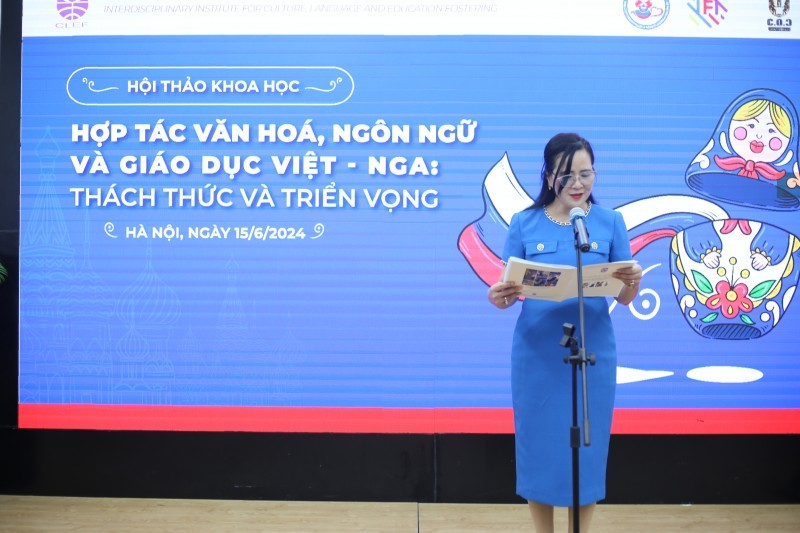 |
| Assoc. Prof., Dr. Ngo Minh Thuy, CLEF Director (Photo: CLEF). |
On the other hand, Assoc. Prof. Dr. Trinh Thi Kim Ngoc (Vietnam Academy of Social Sciences) pointed out the bold Russian cultural imprints in Vietnam. He mentioned the Lenin monuments in Lenin Park in Hanoi and in Nghe An; bronze statue of poet Pushkin in Hoa Binh Park (Hanoi); Vietnam-Soviet Friendship Hospital, Ho Chi Minh Mausoleum and Ho Chi Minh Museum, Hoa Binh Hydropower Plant, Vietsovpetro Joint Venture, Thang Long Bridge, Cam Ranh Special Military Zone and other examples of Russian-Vietnamese collaboration.
The speakers also commented on the growing Russian community in Vietnam, which led its culture to strongly spread throughout the Fatherland. These are Russian villages in provinces like Vung Tau, Nha Trang, and Mui Ne. Many exchange activities and competitions such as "Russian Culture Day in Hanoi", “I draw pictures of Russia” and The gala "From Hanoi to Moscow" are held annually at schools...
On the other hand, Vietnamese cultural imprints in Russia have been officially recognized since President Ho Chi Minh came to Russia on his journey that shaped his revolutionary path about a century ago. In Russia, there are many books written by Vietnamese scholars about Ho Chi Minh. The notable author Kobelev Evghenhi Vasilevich is famous for his books like "Comrade Ho Chi Minh" and "Russians Remember Ho Chi Minh." There are currently 5 monuments to President Ho Chi Minh in this country. Thanks to the cultural promotion project of the two governments, Vietnamese Culture Day in the Russian Federation is held annually.
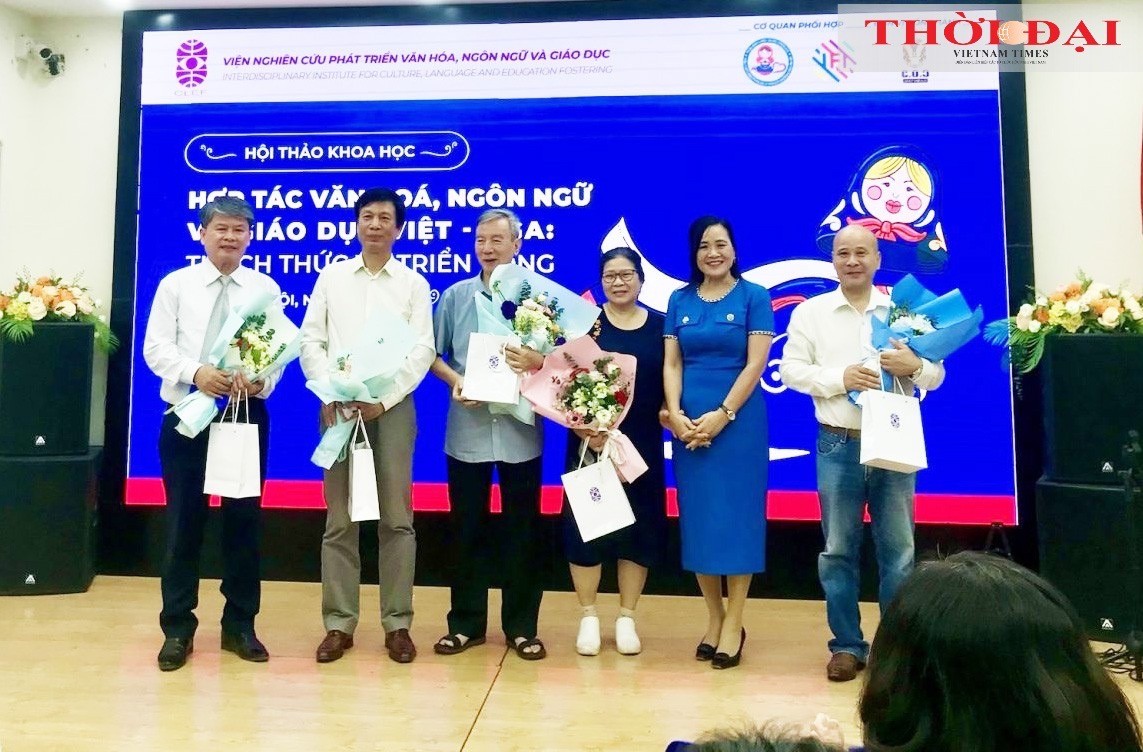 |
| The conference gathered many speakers, researchers, lecturers, students and people who love Russia (Photo: Thanh Luan). |
The works of translating songs from Russian to Vietnamese also received lively discussion. Assoc. Prof. Nguyen Hai Thanh (International School, Hanoi National University) expressed his passion in this field of work. He found that most of the Russian songs he translated had lyrics written by Russian poets, allowing him to connect with the Russian people in a deeper way.
The program also featured "Saturday afternoon music exchange" with the theme "Second life of song: Vietnamese songs in Russian and Russian songs in Vietnamese".
 | Online Summer Camp on AI To be Started for Vietnamese Teachers This is a free training program on Computational Thinking and Generative AI for teachers, helping them understand and apply advanced tools in teaching, aiming to ... |
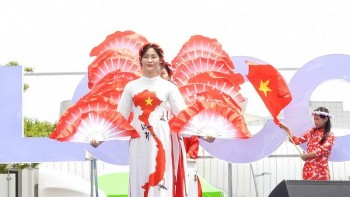 | The Vietnam Day plays a significant role in enhancing understanding, solidarity and friendship between Vietnam and the RoK, as well as their cooperation in education, ... |
Recommended
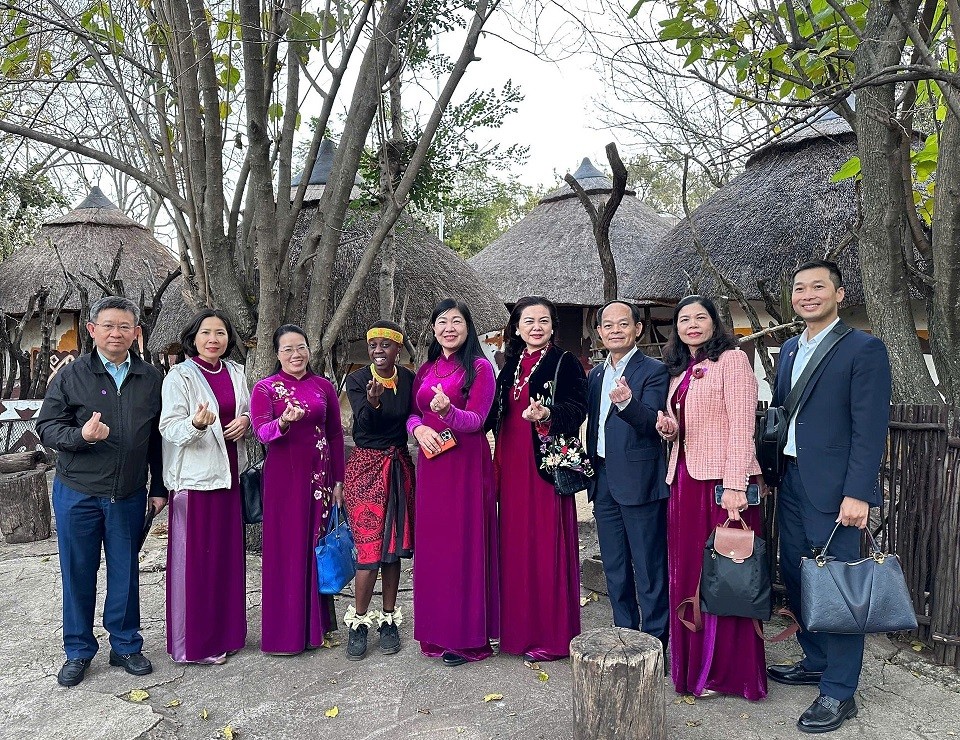 Viet's Home
Viet's Home
Hanoi, South Africa Strengthens People-to-people Exchanges, Expands Multi-sector Cooperation
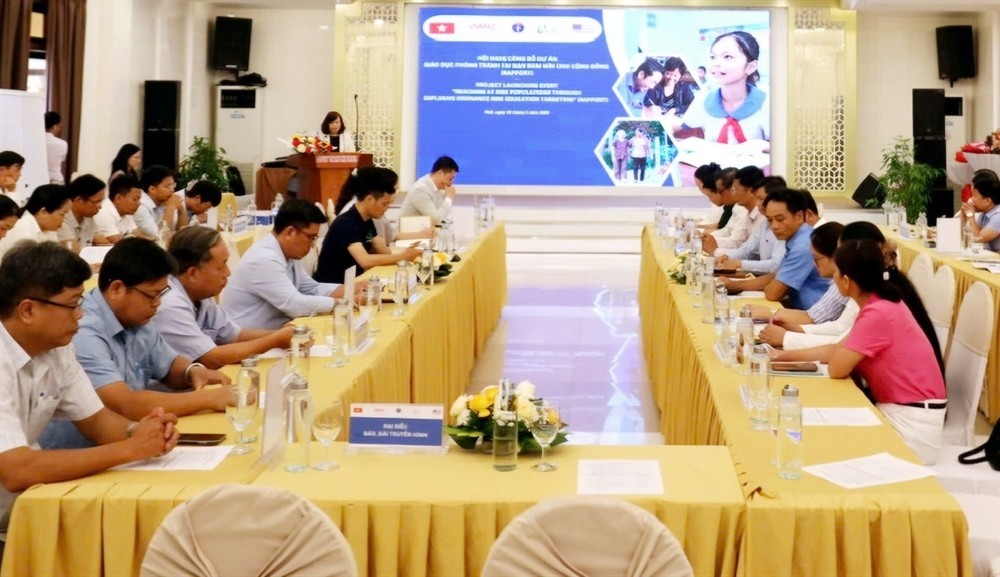 Viet's Home
Viet's Home
Hue City to Raise Awareness on Mine Accident Prevention
 Focus
Focus
Vietnam Leaves Imprints on the World Peacekeeping Map
 Viet's Home
Viet's Home
“Global Vietnamese Singing 2025” - Connecting Hearts Longing for Homeland
 Viet's Home
Viet's Home
Vietnam’s People's Public Security Force Actively Contributes to UN Peacekeeping Operations
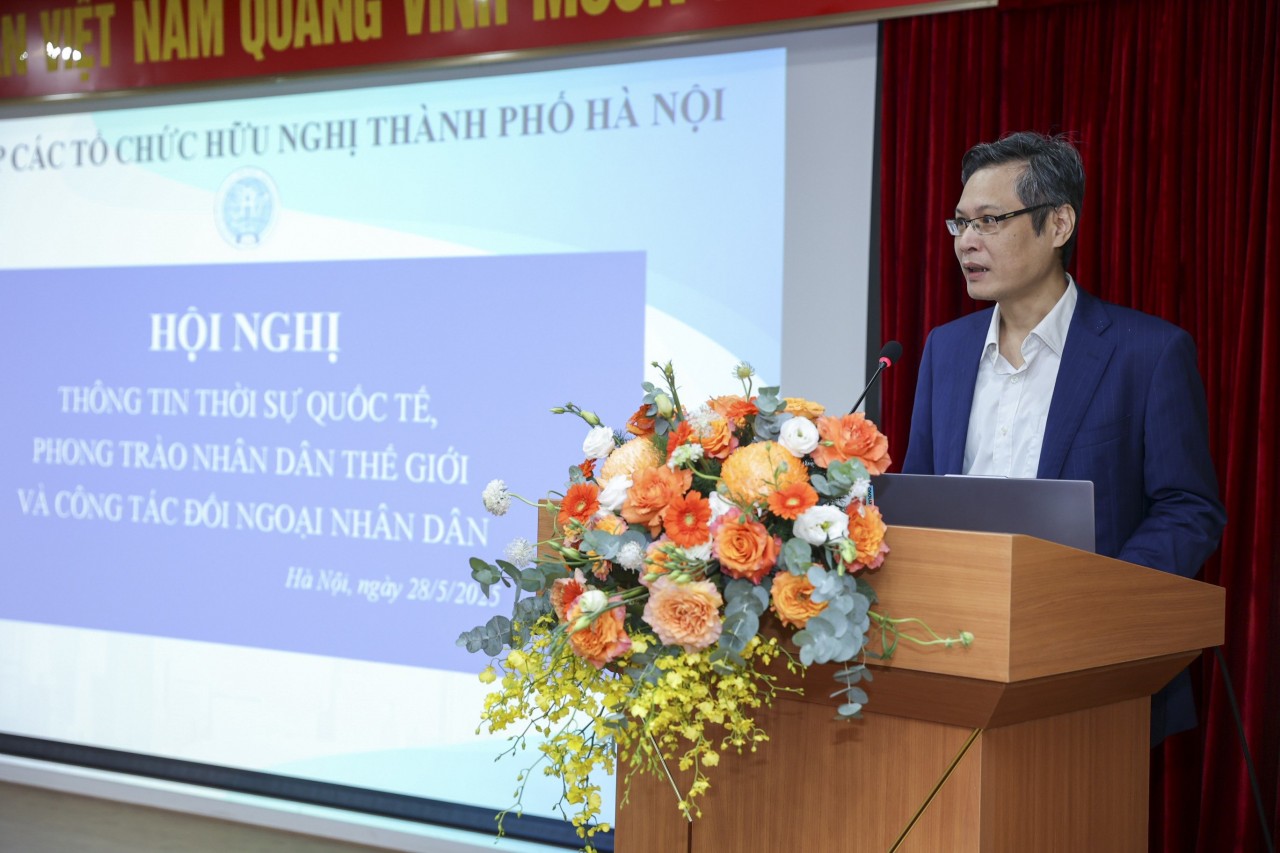 Viet's Home
Viet's Home
HAUFO Enhances Competence of People-to-People Diplomacy Personnel
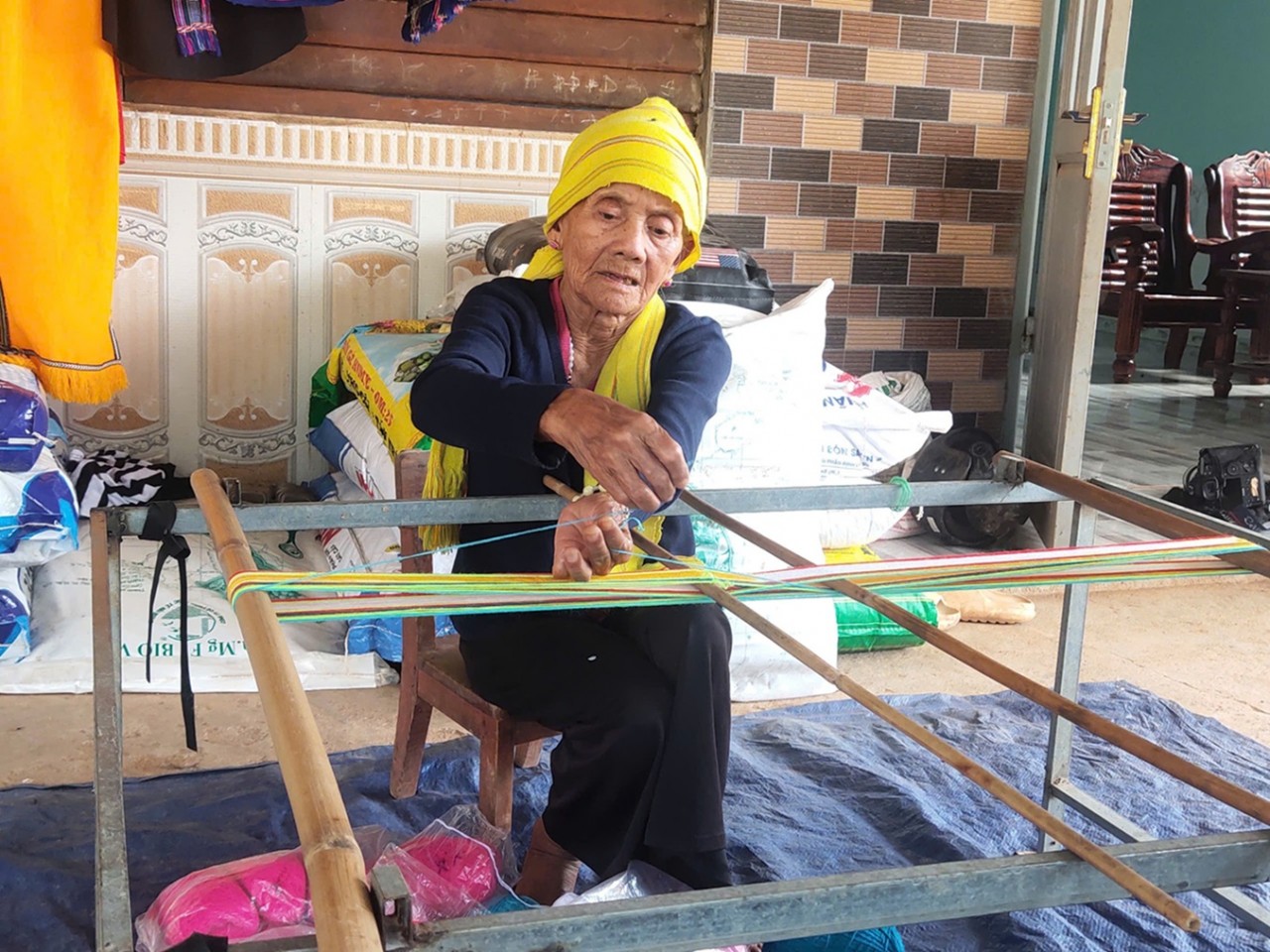 Viet's Home
Viet's Home
Hands that Reserve Da Long Brocade Craft
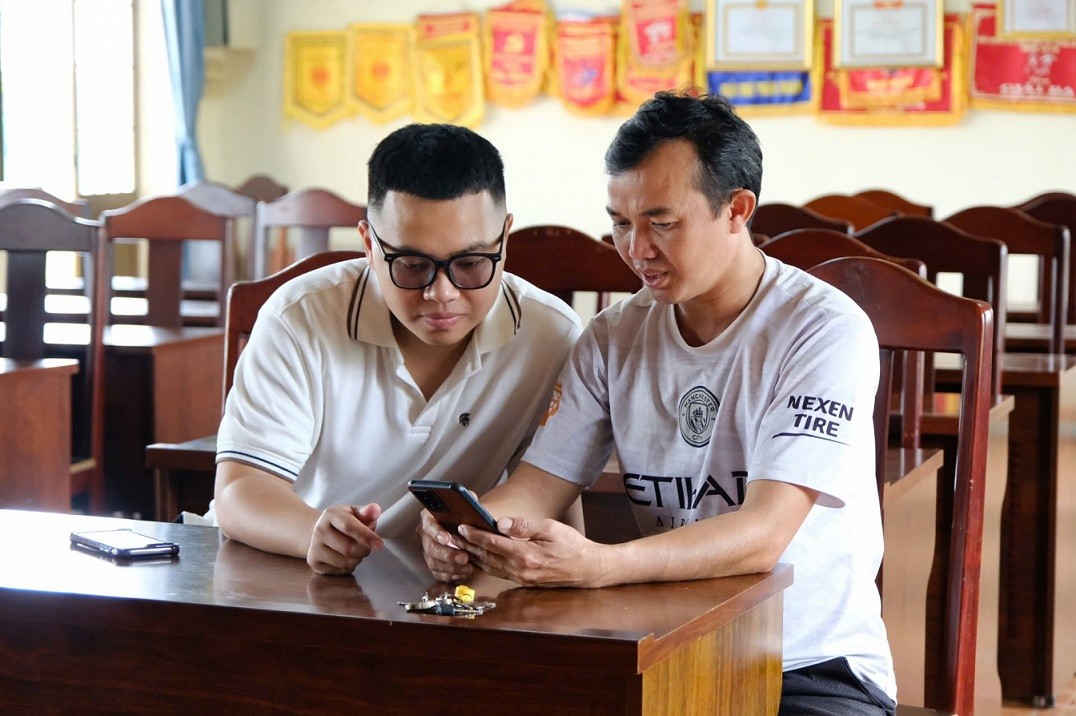 Viet's Home
Viet's Home

